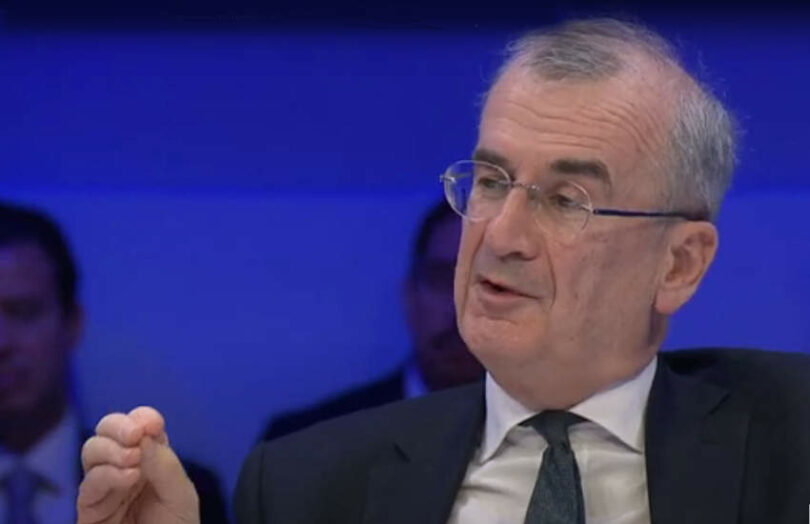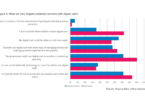In a speech earlier this week, François Villeroy de Galhau, the Governor of the Banque de France, proposed a pan European DLT infrastructure. It would support central bank digital currency (CBDC) and tokenised bank deposits to settle transactions for DLT-based tokenized assets on the same network.
Tokenization offers many benefits, such as 24/7 transactions, programmability and greater efficiencies through automation and reducing reconciliations. But the current batch of financial DLT platforms are primarily for issuance and have limited interoperability, constraining the immediate benefits. Hence the idea of a shared infrastructure to address interoperability.
The Governor said a single infrastructure would “guarantee interoperability between the different assets as well as the singleness of the currency.”
Villeroy acknowledged the concept is echoed in the BIS’s recent paper on a ‘game changing’ Unified Ledger and the IMF’s XC concept for cross border payments. In turn, these clearly were inspired by the Regulated Liability Network (RLN), which yesterday published the results of work in the U.S. with ten institutions, the New York Federal Reserve and Swift. While there’s no firm commitment to continue the RLN’s U.S. work, there’s a possibility that this might be driven by who is willing to pay for it.
Another similar announcement was made this week by banking trade body UK Finance which asked the government to assess industry appetite for a shared DLT infrastructure.
Meanwhile, France has been a key driver behind the EU’s work on a wholesale CBDC for bank usage. It ran experiments during 2020 and 2021 with eight consortia. Another dozen trials were conducted more recently with the central bank due to publish results in the summer. It was also involved in a smaller scale example of a unified ledger in 2021 through tests conducted with the Swiss National Bank and SIX Digital Exchange.
The ECB has now taken the reigns in wholesale CBDC research and split the first phase of work into three projects led by the central banks of France, Germany and Italy, which each have previously proposed approaches.






